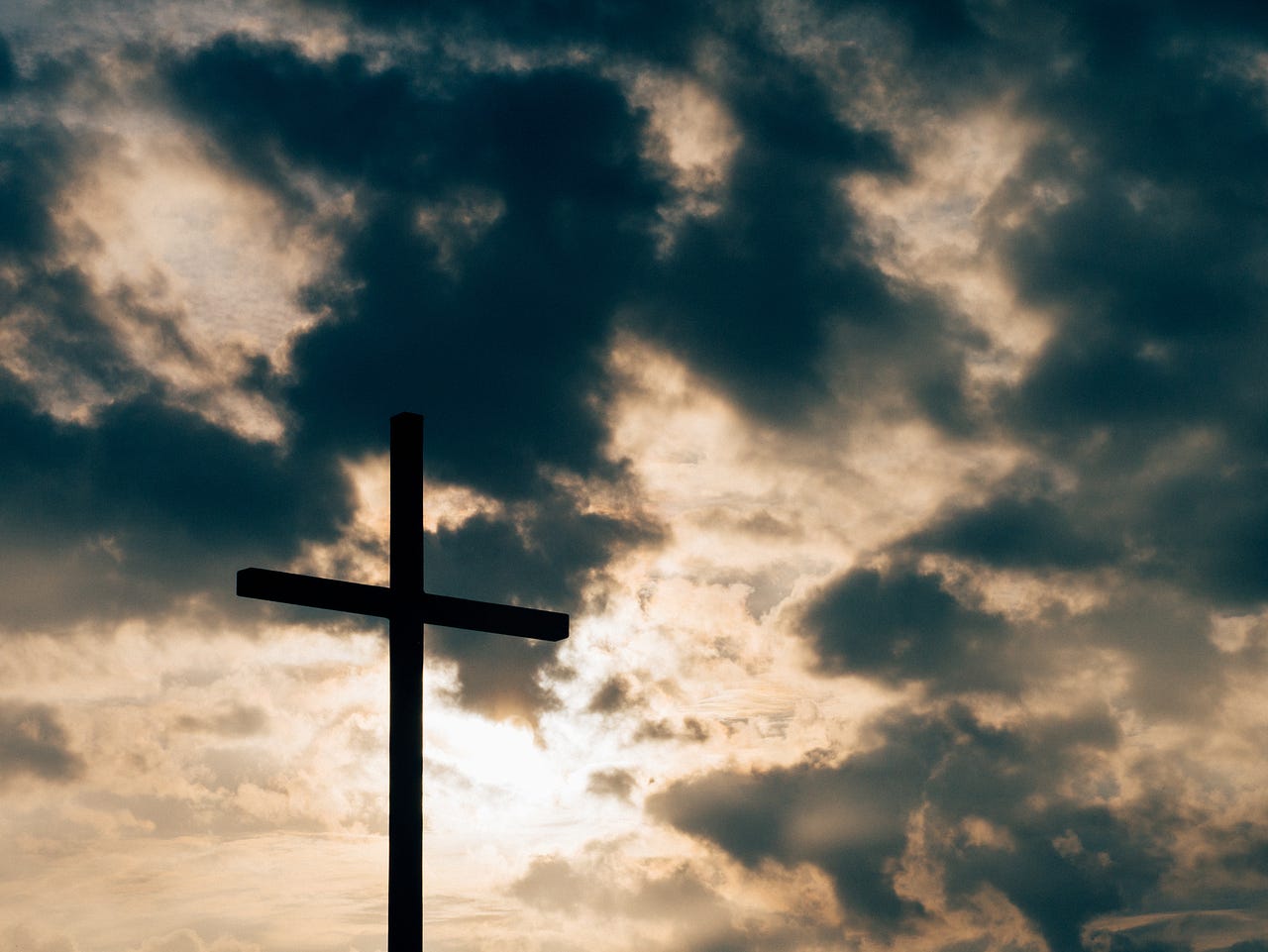
On Sunday, January 8th, the Hollywood Foreign Press will hold the 74th edition of the Golden Globe Awards. The Globes mark the start of a two-month long awards season that culminates with the Academy Awards at the end of February. Attached to Hollywood’s busiest months is always a conversation about who’s in, and who’s out — who got nominated, and who got left out in the cold.
One of the movies that’s garnering a lot of attention in the “snubbed” category is Martin Scorcese’s film Silence. It’s a bit of an oddity for the Hollywood Foreign Press to all but ignore Mr. Scorcese’s work, but it might not be surprising once you discover the film’s thematic underpinnings.
The movie is an adaption of Shusaku Endo’s historical fiction novel Silence. It follows the account of two Jesuit priests sent to Japan to uncover what happened to their colleague and mentor (played by Liam Neeson). Along the way, they discover pockets of converted Japanese villagers who practice their faith under the oppression of Japanese imperials who are hellbent on murdering Christians. Eventually the two priests are captured and forced to choose either apostasy (renouncing their faith) or the continued torture and murder of the Christian villagers.
Silence appears to break rank with the safety of agenda-driven, faith-based movies and wrestles with eminent levels of human suffering, persecution and despair.
In all fairness, I haven’t seen the film yet, but I’d wager that it won’t resonate well with the American church overall, not only because it reckons with the horror of actual persecution (not the Starbucks Christmas cup kind), but because it has incendiary implications for our westernized “health and wealth” adaptation of Christianity. For instance, if being a Christ follower is a guaranteed harbinger of earthly prosperity, then what are we to believe about the persecuted church? Even more poignantly, how can a loving God standby silently as His people suffer?
In his review of the film, Peter Travers describes a scene where three Christian villagers are crucified on a beach, each choking back water as the tide comes in. He writes, “Like many scenes in Silence, this one is filled with beauty and terror, addressing a silent God against the background of nature that asserts the existence of a higher power.”
I have a feeling Mr. Scorcese will leave more questions unanswered than answered, but I somehow doubt the movie will escape illuminating a God who chose to suffer alongside his people.

At Calvary, Jesus endured not only the comprehensive sin of all humanity, but also the silence of His father. God was choosing to suffer with His creation in order to save it from its ultimate malady — eternal separation from Himself.
And here’s what that must mean: He’s not distant and aloof. He’s not a silent bystander who passes by on the other side of the road at the sight of suffering. And He’s not a disinterested cosmic observer.
I invite you to examine the cross, to look again at our suffering Savior, and be reminded that He’s anything but silent.
To read more, check out “When God Is Silent” by Gospel Coalition
Authored by NCC Assistant Pastor Jonathan Valletta | northcentral.org

